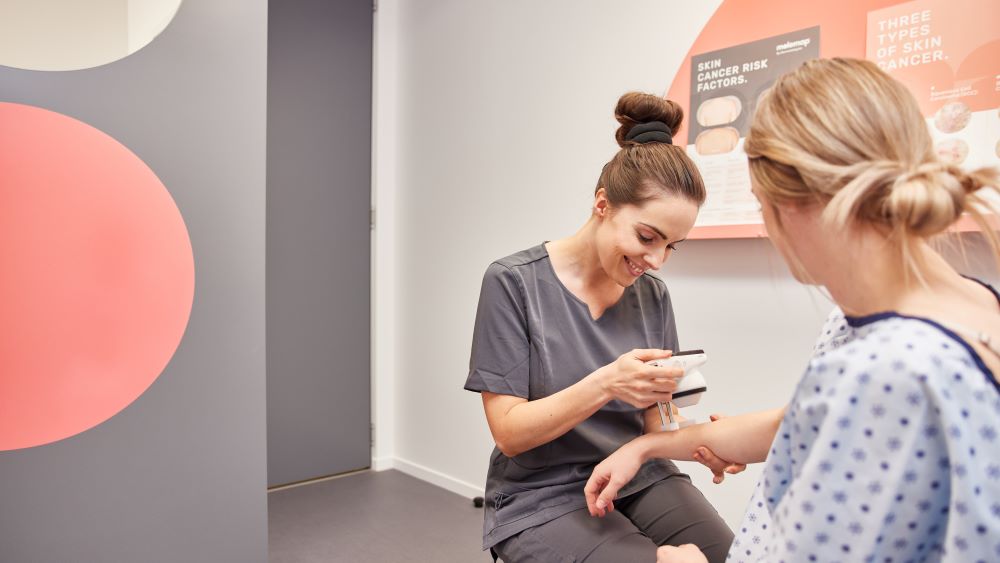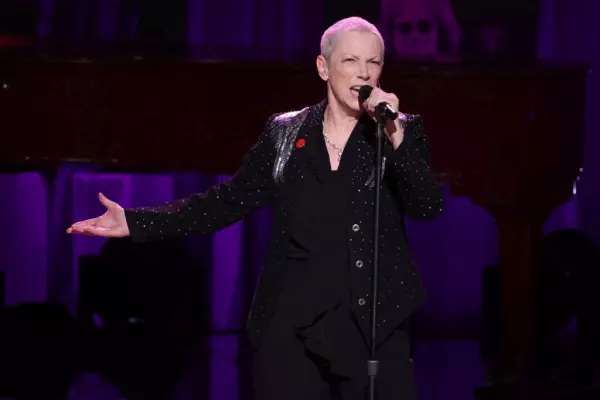Reactive is a word normally applied to cancer treatment. The killer disease demands care after it hits people – sometimes without warning. But now, a local health insurance company has devised what it calls a proactive stance, and range of products, to battle one of New Zealand’s most formidable diseases.
The proactivity comes in the form of a new range of health plans from UniMed – designed not only to trigger care when cancer or another critical illness strikes but also to bring peace of mind.
A diagnosis of cancer or another critical illness causes significant disruption to lives, as well as impacting the patient’s family and broader wellbeing, says Louise Zacest, UniMed Chief Executive.
“We wanted to offer the opportunity to have more comprehensive cancer care,” says Zacest,. “All health insurers cover cancer to a degree but, based on the feedback we’ve had from our members and companies we work with, access to comprehensive cancer care is important.”
If something significant happens, UniMed’s Cancer Care Plus and Critical Diagnosis plans pay a lump sum of money to get people through, as well as contributing towards the cost of treatment. This gives people more options for accessing better treatments and means they don’t have to worry so much about limitations in the public health system. The lump sum payment means you can look after yourself or your family, pay off a bit of the mortgage or reduce financial stress.
A diagnosis of cancer or one of the other 30 serious illnesses covered by the Critical Diagnosis plan can be life-changing. Other critical diagnoses that could receive support include organ failure, a heart attack or heart surgery, Crohn’s disease, rheumatoid arthritis, or loss of function or ability to live independently because of a stroke, Parkinson’s disease, or dementia.
The proactivity is not just about being better prepared. Alongside the support provided following a diagnosis, UniMed also enables members to identify issues in the first place, as early as possible. With 6000 people diagnosed with melanoma every year in New Zealand, UniMed offers discounts on a MoleMap skin cancer check. Skin cancer is the most common cancer in New Zealand, with over 90,000 diagnoses each year; early detection saves lives. UniMed has already had hundreds of members have their skin checked by MoleMap with 15% having skin cancers being detected so far.
 Photo/Supplied.
Photo/Supplied.Being proactive can improve a prognosis in the event of a serious diagnosis, says Zacest – it’s about not waiting around until the worst happens but being better prepared with health cover and especially in the areas that make sense.
Not all cancer medicines are covered by Pharmac – an ongoing issue, according to the Cancer Society. With cancer second only to heart disease in New Zealand, it’s a smart thing to be proactive about, to think ahead and protect yourself and your loved ones, she says.
Many factors come into play when managing a serious diagnosis and, in the context of the current cost-of-living challenges and pandemic recovery, access to practical health care and financial support through UniMed health insurance can help families and individuals during this incredibly difficult time.
“We’ve also extended access to things like wigs and compression bandages – the consumables that can be expensive when you’re going through treatment,” says Zacest. “These little things can make a difference and are often overlooked. Sometimes it’s the flow-on effects of the treatment, and we’re here to look after our members through all aspects of the cancer journey.”
UniMed also provides access to include wigs during cancer treatment, mastectomy bra and prosthesis, home nursing by a registered nurse, home help for meals, cleaning, and personal hygiene, mental health support, palliative, hospice, and respite care, and more.
One of the key components of the Cancer Care Plus and Critical Diagnosis plans is the introduction of a care manager. “For people who do have a serious diagnosis, we have a care manager who has a background in nursing,” Zacest says. “Her role is to support families.”
A cancer diagnosis or other critical illness can be overwhelming – which is where the care manager can help to streamline things and help people connect with services that can support them through a challenging time. The process can be complex, and people are often not aware of everything available to them. “It’s not just the physical treatment, it’s emotional, and it’s stressful,” she says.
The Critical Diagnosis cover gives people facing a life-changing illness an immediate lump sum payment of up to $50,000, claimable for over 30 conditions. “As our population ages, we’re seeing higher incidences of cancer. Other serious illnesses will become more common but there are also better treatments becoming available.”
UniMed is a leader in workplace insurance: “We’re a not-for-profit organisation,” says Zacest. “We’re here for the people, and my aim as the Chief Executive is that we’re there to make sure they can access everything they are covered for. If you are unfortunate enough to get a significant diagnosis, and you’re one of our members, we will do whatever we can to help members get the most from their health plan.”
Cancer Care Plus: An additional $250,000 per year towards cancer treatment (in addition to baseline policy cover). Up to $100,000 of this $250,000 can be non-Pharmac chemotherapy drugs that are Medsafe-approved for the treatment of cancer.
Critical Diagnosis: People facing a life-changing illness can access an immediate, once-in-a-lifetime lump sum payment of up to $50,000, claimable for over 30 conditions. Members can choose a lump sum payment of either $10,000, $25,000 or $50,000 in the event they receive a life-changing diagnosis.
For more information visit unimed.co.nz






